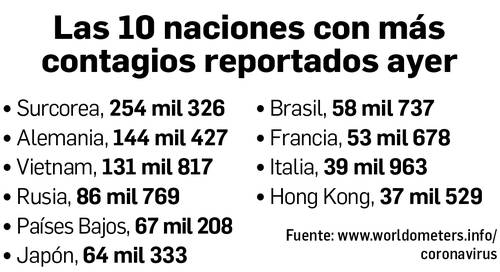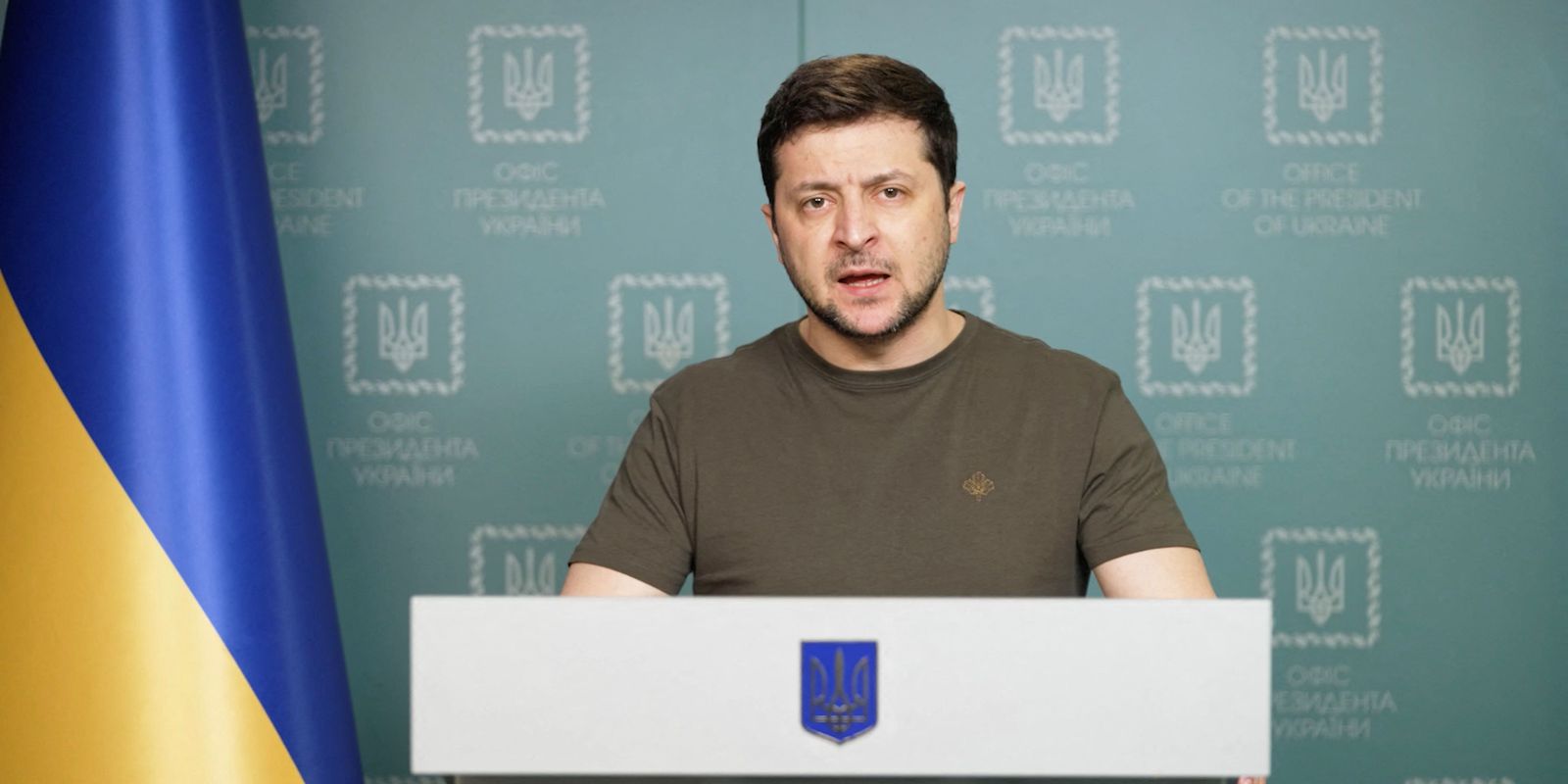The Ministry of Labor is about to deliver to the country the regulations on the law of teleworking, work at home and remote work.
The announcement by the Minister Ángel Custodio Cabrera, at a labor meeting organized by Andi, at the end of last week, responds to the adjustments that the world of work has made after the pandemic.
(Remote work drives US hiring in Latin America).
On the changes that are already underway and that will surely deepen, the firm Gómez Pinzón Abogados made an analysis.
There are 4 modalities for remote work. The first is teleworking, as an alternative if you seek to implement non-face-to-face work permanently, or in alternation with work in the office.
The second is working at home, if the objective is non-face-to-face performance on a temporary basis (3 months, extendable for 3 more months) or exceptionally.
(Operators establish alliances and support the network for teleworking).
There is also remote work, according to which the employer and the worker do not physically interact during the contractual relationship and, finally, as an extralegal benefit, there is the “home office”, that promotes an improvement in the quality of life of the worker, allowing him to enjoy his home once a week for the development of work activities.
It is possible that once the emergency is over, companies will opt for a teleworking scheme or remote work, estimates the firm. The other norm that the pandemic brought was the Labor Disconnection Law that regulates this action as a right of workers that guarantees the limits between working hours and rest times.
(Companies welcome the ‘home office’ and flexible schedules).
Lastly, there is the biosecurity. “The circular issued by the government includes recommendations with a demanding tone so that workers in public service activities have the scheme of vaccination. This is a preview of what we could expect in terms of legislative measures so that the new reality offers security to people and economic activities in the country”, says Mauricio Montealegre, director of the labor law practice at Gómez Pinzón Abogados.
“This, in my opinion, is a first step so that the requirement of the vaccination card begins to take the form of formal regulation for the rest of the activities, with or without attention to the public,” he considered.
BRIEFCASE








